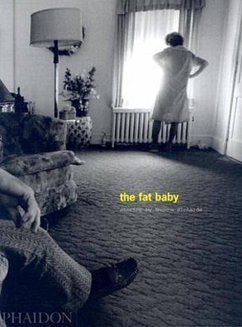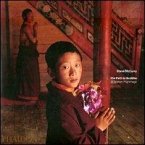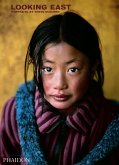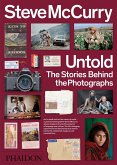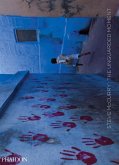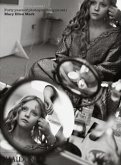A career retrospective of photographs and stories on social issues such as poverty, drugs, and AIDS by Magnum photographer Eugene Richards.
The Fat Baby is an epic collection of poignant and often controversial stories photographed and written by acclaimed social documentary photographer Eugene Richards. The culmination of a dozen years of reporting, both on and off assignment, these stories, each one different in style and tone, immerse us in the lives of Honduran coffee growers, members of a Kansas City street gang, drought-plagued villagers from Niger, and doctors in an embattled Bosnian hospital. They chronicle the birth of a first child, an explosion of family violence, the struggle of a farming family to hang on to its ancestral home, and the unearthing of a half-hidden grave said to hold the remains of a slave.
Described as having an acute, sometimes hard-edged visual sensibility and a literary voice, Richards writes in order to come to terms with the complexities of what he is observing. At a time when photojournalists are often relegated to illustrating the ideas of others, he persists in interweaving his words and photographs to create boldly narrative stories that bear witness to the dramas of real lives and comment on the times in which we live. Deeply personal and prodigious in scope, The Fat Baby is a tribute to the emotional power of photography and a celebration of storytelling.
Hinweis: Dieser Artikel kann nur an eine deutsche Lieferadresse ausgeliefert werden.
The Fat Baby is an epic collection of poignant and often controversial stories photographed and written by acclaimed social documentary photographer Eugene Richards. The culmination of a dozen years of reporting, both on and off assignment, these stories, each one different in style and tone, immerse us in the lives of Honduran coffee growers, members of a Kansas City street gang, drought-plagued villagers from Niger, and doctors in an embattled Bosnian hospital. They chronicle the birth of a first child, an explosion of family violence, the struggle of a farming family to hang on to its ancestral home, and the unearthing of a half-hidden grave said to hold the remains of a slave.
Described as having an acute, sometimes hard-edged visual sensibility and a literary voice, Richards writes in order to come to terms with the complexities of what he is observing. At a time when photojournalists are often relegated to illustrating the ideas of others, he persists in interweaving his words and photographs to create boldly narrative stories that bear witness to the dramas of real lives and comment on the times in which we live. Deeply personal and prodigious in scope, The Fat Baby is a tribute to the emotional power of photography and a celebration of storytelling.
Hinweis: Dieser Artikel kann nur an eine deutsche Lieferadresse ausgeliefert werden.

